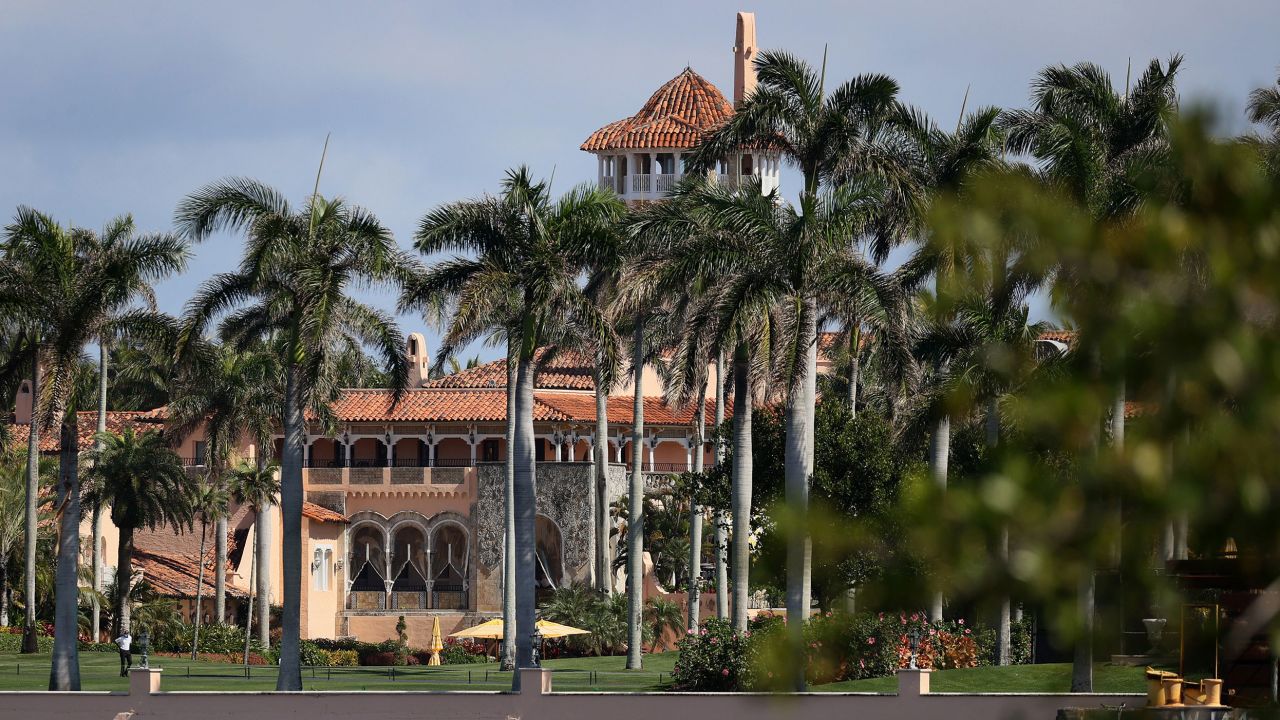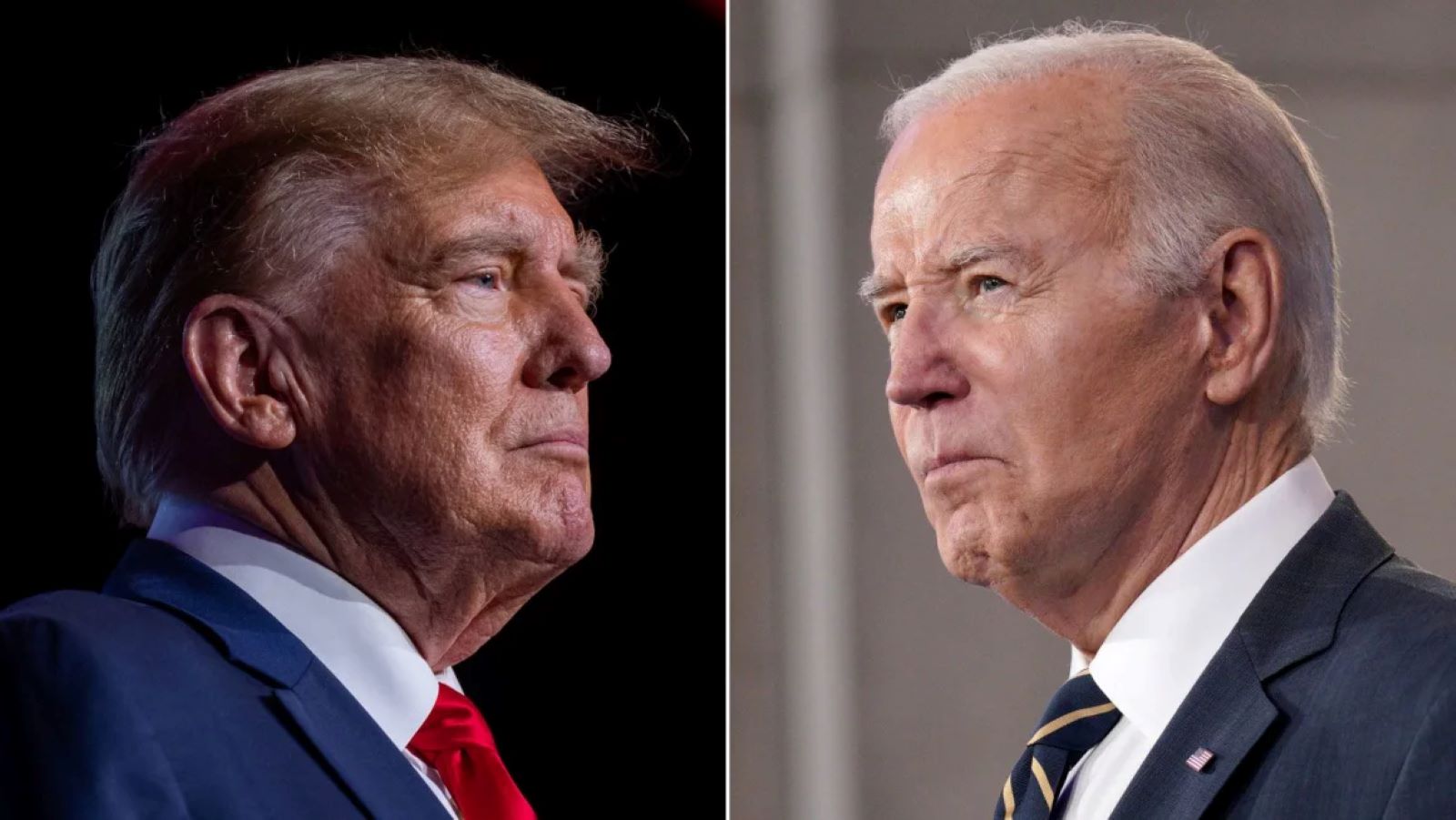Trump says he can judge the classified Mar-a-Lago documents

(CNN) – Former President Donald Trump argued in a recently published court filing that the president can decide if White House documents are personal, and that he determined all the records he brought to Mar-a-Lago were in fact his property.
The argument marks the latest legal attempt by Trump to halt parts of the criminal investigation into documents containing sensitive information that were stored at his Florida compound after he left the White House.
The Justice Department responded by explaining that Trump’s legal theory about when he can take White House records personal is flawed.
“The plaintiff may not designate records that are considered ‘presidential records’ under the Presidential Records Act … as ‘personal’ records by simply saying so,” the department said. He added that such a theory would “nullify” the purpose of the law.
The allegations came in duels about “global issues” that Trump and the Justice Department brought under seal last week to present their far-reaching arguments about how independent expert witness Raymond Deary, a high-ranking Brooklyn judge, handled his case. From materials seized by the FBI from Trump’s Florida home in August.
County Judge Eileen Cannon, who appointed Derry to conduct an independent review of documents that must be withheld from investigators on grounds of privilege, released an edited version of the memos on Monday.
The Justice Department told the investigative expert that prosecutors should be allowed to use approximately 2,800 documents in their criminal investigations while remaining privilege disputes are resolved.
That means criminal investigators can access most of the documents from the former president’s Florida resort that remain in dispute, while privilege issues are being worked out over a document Trump claims is protected by attorney’s privilege. He says it’s protected by executive privilege, according to a new Department of Justice (DOJ) filing.
The Justice Department said Trump attempted to classify “several hundred” of the seized records as personal. While attacking its rationale for doing so, the department also argued that even if the records were personal, they should not be withheld from the federal criminal investigation into the alleged mishandling of White House materials found by Trump at Mar-a-Lago.
The former president argued that if the federal government disagreed with the way he identified Records as a person, it would have to sue him.
“The plaintiff is authorized to designate and designate the material seized as personal records while in office,” Trump’s legal team wrote. “President Trump was still serving his term of office when the documents in question were wrapped, transported, and delivered to his residence in Palm Beach, Florida. So, when he made the appointment, he was President of the United States; his decision to withhold certain records as a character is entitled to respect them, and so the records in question are Presumptive personal records.
The review of the disputed documents by the investigative expert, totaling nearly 22,000 pages, does not include examination of Mar-a-Lago documents that have been marked classified. Intelligence authorities and prosecutors examine these documents.
Executive privilege dispute
In addition to its rebuke of what Trump considers personal records, the department also responded to Trump’s assertions that if Derry rejects Trump’s argument that the document is a personal record, the former president can then assert executive privilege over the document. “The investigative expert should not allow these types of unconventional moves,” the Justice Department wrote.
It also urged the department again to force Trump to testify under oath if the government accurately described what it took from Mar-a-Lago.
This would place the former president under an obligation to support public and out of court statements indicating that the FBI planted evidence in the record. Trump’s lawyers have resisted his requests to certify the government’s description of the seizures at his resort.
In the new filing, the department noted Cannon’s move earlier to block a requirement for such a declaration. The Justice Department indicated that it did so at the time on the principle that Trump did not have an opportunity to review the seized materials.
“Now that the plaintiff has reviewed the seized materials and has confirmed that the vast majority of them are his personal records, considerations of fairness, integrity and impartiality require the plaintiff to do what the government has done, namely to check the asset inventory or correct it if he thinks he is wrong,” prosecutors said.

“Bacon advocate. Certified creator. Twitteraholic. Tv junkie. Beer fanatic. Internet nerd. Passionate thinker. Reader.”




:quality(85)/cloudfront-us-east-1.images.arcpublishing.com/infobae/OF4NJDPGLBEYJAZ5XZMH3OIPJ4.jpg)



